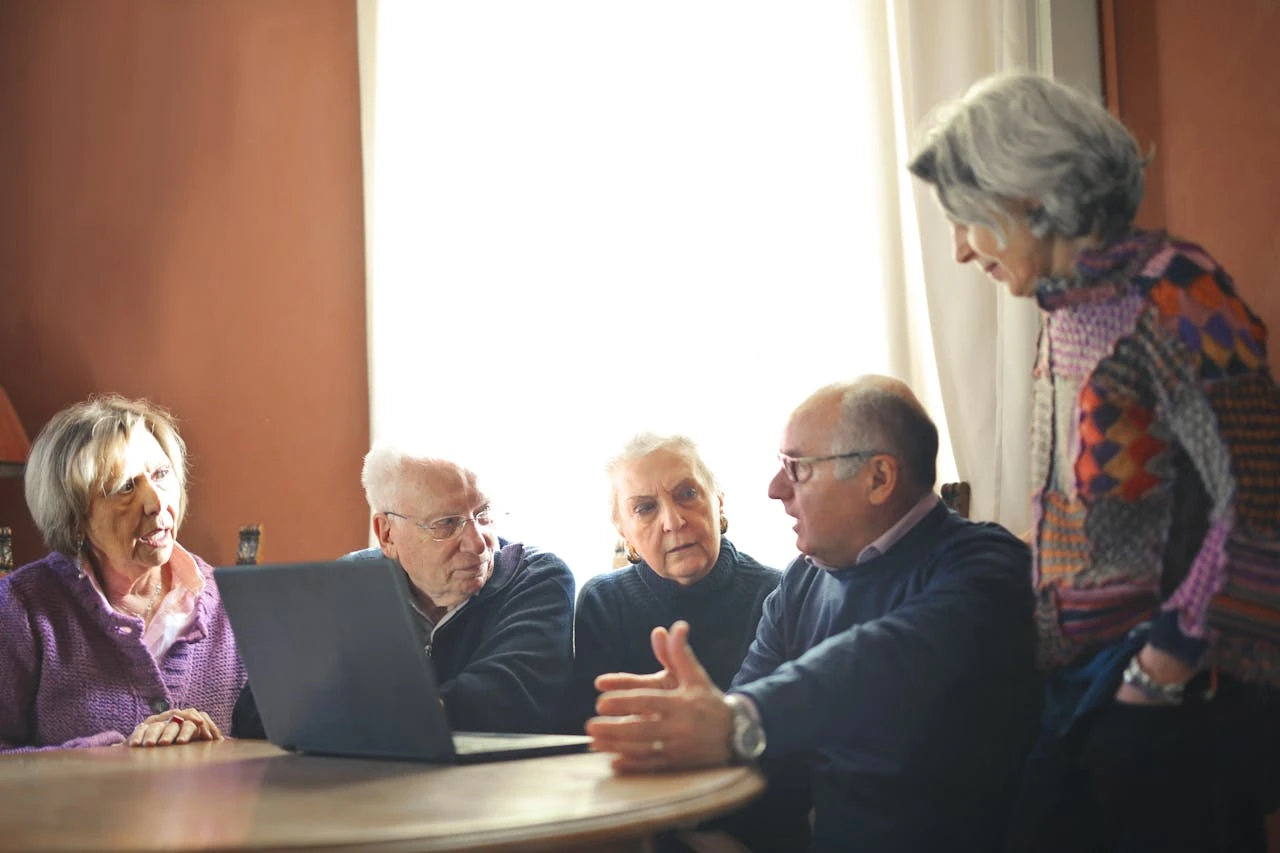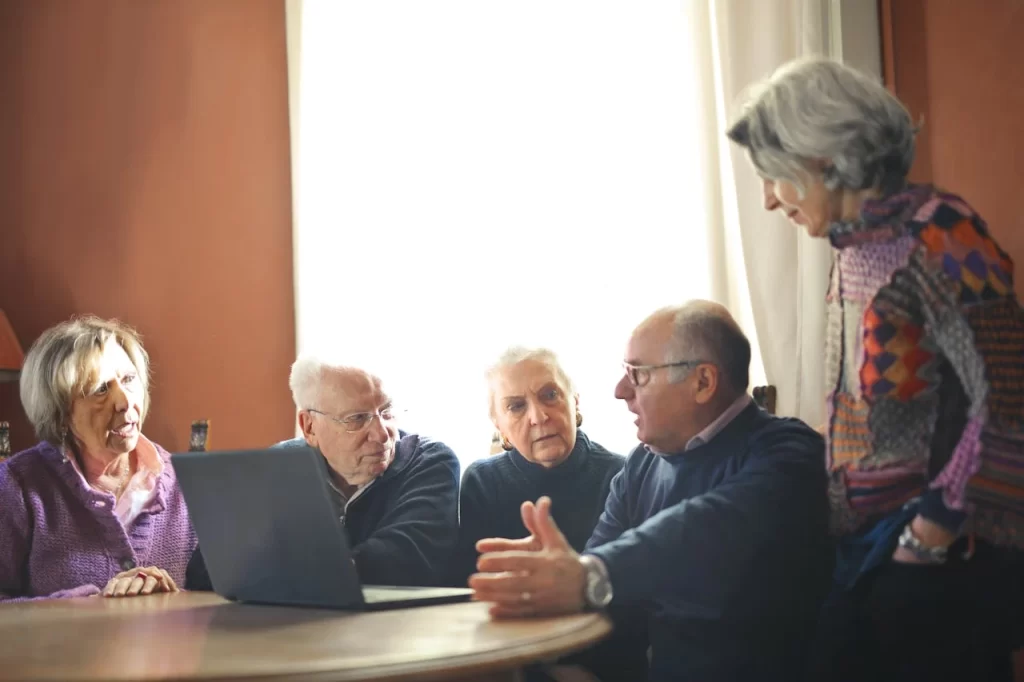Getting older means our bodies change in ways that can sometimes slow us down, but it doesn’t have to put life on pause. There’s plenty you can do to stay active and keep enjoying life, no matter what age you are – if you’ve got the right approach and a few helpful tools at hand.
The Realities of Getting Older
As we age, muscle strength tends to slip a bit – that’s sarcopenia sneaking in. You might notice balance isn’t what it used to be, or maybe walking gets trickier. Things like eyesight and hearing don’t always stick around at full power, either. Any of these can shake up how you handle everyday routine.
Your metabolism also pumps the brakes as the years stack up. Suddenly, it’s easier to gain weight and harder to keep things in check. Spotting these shifts early on can make a big difference when figuring out what helps – and what just gets in the way.
Making Home Life Work for You
Setting Up a Safer Space
Upgrading your home isn’t about giving up independence; it’s about holding onto it longer. In the bathroom, grab bars and stronger lighting help a lot. Swapping a tub for a walk-in shower or adding a raised toilet seat – these little swaps cut risk and make getting around simpler. Basically, the fewer tripping hazards, the better.
If moving around is tough, it might be time to widen doorways or add ramps. Small fixes add up when you’re aiming for a home that actually works for you day-to-day.
Handy Tools for Daily Living
Sometimes, a simple walking stick or a sturdy walker is all it takes to move around with more confidence. For those with severe mobility issues, consider a power wheelchair or a heavy-duty mobility scooter for seniors that will help you go outdoors more frequently and traverse even further distances.
Arthritis adds up challenges? Try button hooks or long-handled shoehorns – make getting dressed so much easier. On the tech side, voice-activated speakers can set reminders or handle the lights, and with a phone or tablet, staying in touch isn’t nearly as tricky as it used to be.
Implement Senior-Friendly Exercise That Fits
Why Keep Moving?
Staying active isn’t just some doctor’s advice; it’s what feeds your muscles, steadies your steps, and even fights off feelings like depression. People who keep moving – no matter how old – tend to keep thinking sharp, too.
What Kinds of Exercise Actually Help?
A bit of strength training – doesn’t have to be anything fancy – can really protect your muscles and bones. Bands, light weights, or just regular movement with some resistance all help. For the heart, try walking, swimming, or pedaling a bike; pick whatever feels good and fits your comfort zone.
Don’t skip balance or flexibility stuff, either. Tai chi or yoga might sound intimidating, but even a few simple stretches make a difference. They help guard against falls and keep your body feeling a bit more like itself.
And to keep your brain busy? Reading, puzzles, learning anything new – it all adds up. Even a stroll or some rope climbing, if that’s your thing, can help keep your mind solid.
How to Get Started – and Stick With It
No need to jump right into heavy workouts. Start slow, keep it gentle, and check with a doctor before changing up your routine too much. Setting goals that matter to you – or at least feel doable – can keep things from petering out.
Adaptive gear – like exercise balls, chair exercises, or water-based options – can make it possible to work out even if moving is tough. The point isn’t perfection, just progress you can feel.
What You Eat (and Drink) Matters
Eating for Strength and Health
When your metabolism slows down, food choices start counting for more. Good nutrition – think protein for muscles, calcium and vitamin D for bones, fiber for gut health – keeps you stronger all around. Omega-3 fats from fish or certain plants seem to help your brain, too.
Drinking water gets overlooked, but older adults just don’t feel thirst like they used to. Make it a habit to sip water throughout the day, even when you’re not feeling parched.
Kitchen Helpers
If strength or grip gets in the way, there’s a huge range of gadgets to make meal prep and eating simpler. Easy-grip utensils, cutting boards that stay put, or can openers designed for stiff hands can take a lot of frustration out of daily meals.
Check-ups and Taking Care of Problems
Why Regular Health Visits Matter
Sticking with regular doctor visits can mean catching health stuff early, which usually means it’s easier to deal with. Each person will have different needs, so talk with your doctor to see what makes sense for you.
Getting shots and screenings on schedule isn’t exciting, but it can keep you feeling better and living more independently – longer.
Living with Chronic Illness
Conditions like diabetes, high blood pressure, or arthritis show up in a lot of seniors. Staying on top of medication and using devices like pillboxes or reminder apps can make it easier not to miss a dose. Things like blood pressure monitors or blood sugar meters also help you stay a step ahead.
Wrapping Up
Getting older brings changes, some bigger than others, but it’s hardly the end of staying active. Knowing your body, using the right tools, and keeping up with movement and nutrition – you’ll keep finding ways to enjoy life.
What works for one person won’t be perfect for someone else, so it’s always smart to check in with a doctor for advice that fits just you.




